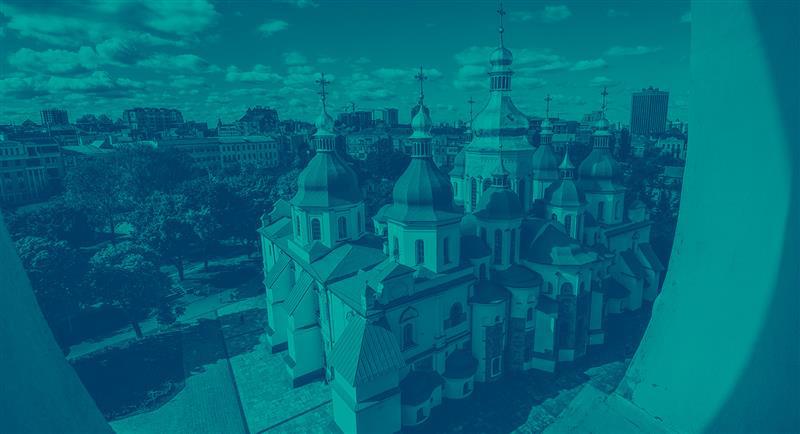Registration
You will receive an email confirming your registration.
It’s been almost two years since the Kremlin launched what it terms its “special military operation” against Ukraine, and most Russians have learned to cope with wartime pressures by distancing themselves as much as possible from what is unfolding on the battlefield. At the same time, hopes for peace—or at least peace talks—are becoming more and more common.
How can this combination of indifference and a desire for peace be explained? What could change the social consensus over the war, or shatter the “new normal” that has taken hold in Russia? What’s the shelf life of the political bargain in which both passive and active conformists support the regime in exchange for not being mobilized to fight in Ukraine?
These questions and more were discussed at an online event with the co-authors of the paper “Alternate Reality: How Russian Society Learned to Stop Worrying About the War”: Andrei Kolesnikov, a senior fellow at the Carnegie Russia Eurasia Center, and Denis Volkov, director of the Levada Center in Moscow. The discussion was moderated by Valerie Hopkins, an international correspondent for The New York Times.
